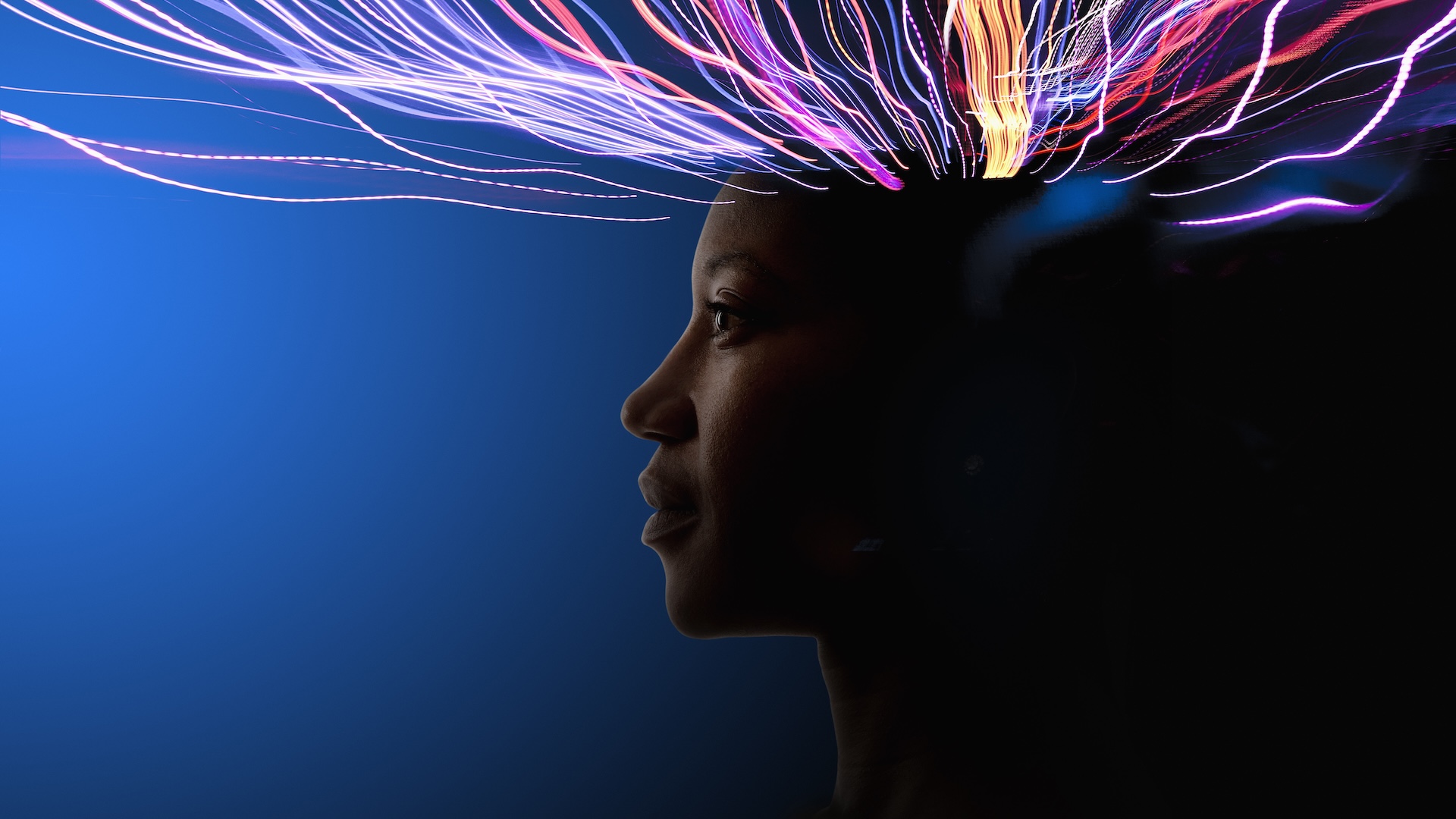Research Uncovers How the Brain Segments Continuous Experiences into ‘Scenes’

New Study Reveals How the Brain Segments Experiences into Distinct Moments
Recent research has shed light on the fascinating mechanisms by which our brains organize daily experiences into meaningful segments, akin to scenes in a movie. While we often perceive life as a seamless flow of events, this study reveals that our brains automatically parse these experiences into distinct moments. The longstanding debate among scientists has revolved around whether these memory boundaries are dictated by changes in the environment or shaped by personal interpretation. However, a study led by Christopher Baldassano, an associate professor of psychology at Columbia University, provides compelling evidence that our brains actively select these transitions based on our goals and prior experiences.
To delve deeper into how the brain delineates memories, Baldassano and his research team employed functional magnetic resonance imaging (fMRI) in a carefully designed experiment. Participants were asked to listen to various narratives that portrayed key social scenarios, including a business deal, a marriage proposal, and a breakup, while their brain activity was closely monitored. The focus of the research was primarily on the medial prefrontal cortex (mPFC), a region known to play a critical role in processing ongoing events and understanding social contexts.
The findings from this study were revealing. The data indicated that significant social events within the narratives, such as the successful conclusion of a business deal, were associated with spikes in brain activity. These spikes signified a mental shift, suggesting that the brain recognized a transition point in the story. Furthermore, when participants were prompted to concentrate on specific details, such as the locations mentioned in the narratives, their brain activity shifted accordingly. This demonstrated that the way we segment our experiences is not only influenced by the events themselves but also by our attentional focus and the objectives we set while engaging with the material.
This research holds profound implications for understanding memory formation and retrieval. It suggests that our cognitive processing of experiences is more dynamic and subjective than previously thought, shaped by both external stimuli and internal goals. The insights gained from this study could pave the way for developing strategies to enhance memory retention and recall, particularly in educational settings. As we continue to unravel the complexities of how the brain organizes our experiences, this research highlights the importance of both context and personal interpretation in shaping our memories and understanding of the world.


















